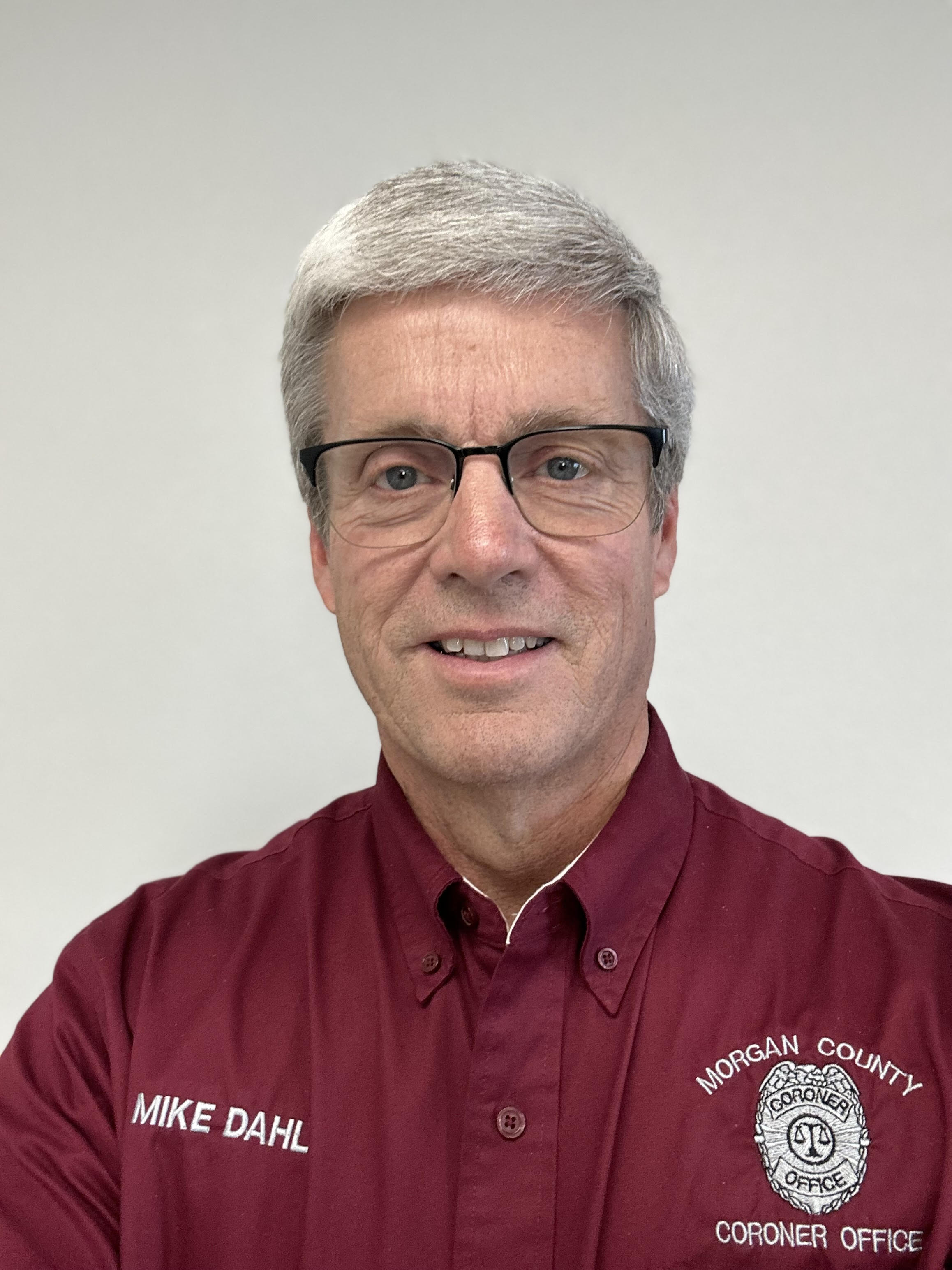Coroner
Duties
The duties of the County Coroner's Office include scene investigation surrounding the circumstances of a death, to include the identification of the deceased, performing autopsies when needed, certification of the death, notifying the next of kin, documentation of investigation and autopsy and safekeeping and disposition of evidence and personal property of the deceased.
Statutory Responsibilities
The Coroners Office is a statutory office, which is mandated to establish the cause and manner of death. The Cause Of Death is the injury, disease, or combination of the two that was responsible for initiating the train of physiological disturbances (brief or prolonged), which produced the fatal termination. The Manner of Death refers to the circumstances in which the cause of death arose (suicide, natural causes, accident, and homicide). It is often a misconception that the responsibility for determining these vital questions lies with the law enforcement agency, however, this is the responsibility of the Coroner.
The types of deaths that are reported to the Coroner:
- No physician is in attendance.
- The attending physician is unable or unwilling to certify the cause of death.
- The attending physician has not been in actual attendance within 30 days prior to death.
- All cases in which trauma may be associated with the death, such as traffic accidents, gunshots, falls, etc. This includes inpatients who have sustained fractures any time in the past.
- Deaths by poisoning, suspected poisoning, chemical or bacteria, industrial hazardous material or radiation.
- All industrial accidents.
- Known or suspected suicides.
- Deaths due to contagious disease.
- Deaths due to self induced or unexplained abortion.
- Operating room deaths and deaths that occur during a medical procedure.
- All unexplained deaths (deaths that occur in a healthy individual.)
- Deaths that occur within 24 hours of admission to a hospital or nursing care facility.
- Deaths in the custody of law enforcement.
- Deaths of persons in the care of a public institution.

Mike Dahl
212 S West St
Fort Morgan, CO 80701
coronerweb@co.morgan.co.us
Office: 970-542-3466
Cell: 970-466-4975
The investigation of a death by the Coroners Office is an extremely important function as it is done by an independent agency who does not work for the law enforcement agency, the physician, the nursing home, the hospital, the prosecution or the defense, but works on behalf of the deceased to obtain the truth about their death.
Associated Responsibilities
- Discovery of remains - Remains that are complete or partial are sometimes found, thus the coroner must follow certain statutory obligations notifying other state agencies.
- Make positive identification of the deceased - The coroner works to identify the deceased and then notify the next of kin.
- Pronounce the death and establish time of death - Only a physician or the coroner may pronounce a death.
- Scene investigation - Colorado law is specific that the body of a deceased person may not be moved until the coroner has responded to the death and conducted the investigation.
- Take custody of the body - Colorado law states it is the responsibility of the coroner to see that the body is removed from the scene.
Deputy Information
- Deputy Coroner Training Policy and Process (Updated 07-26-2023)
